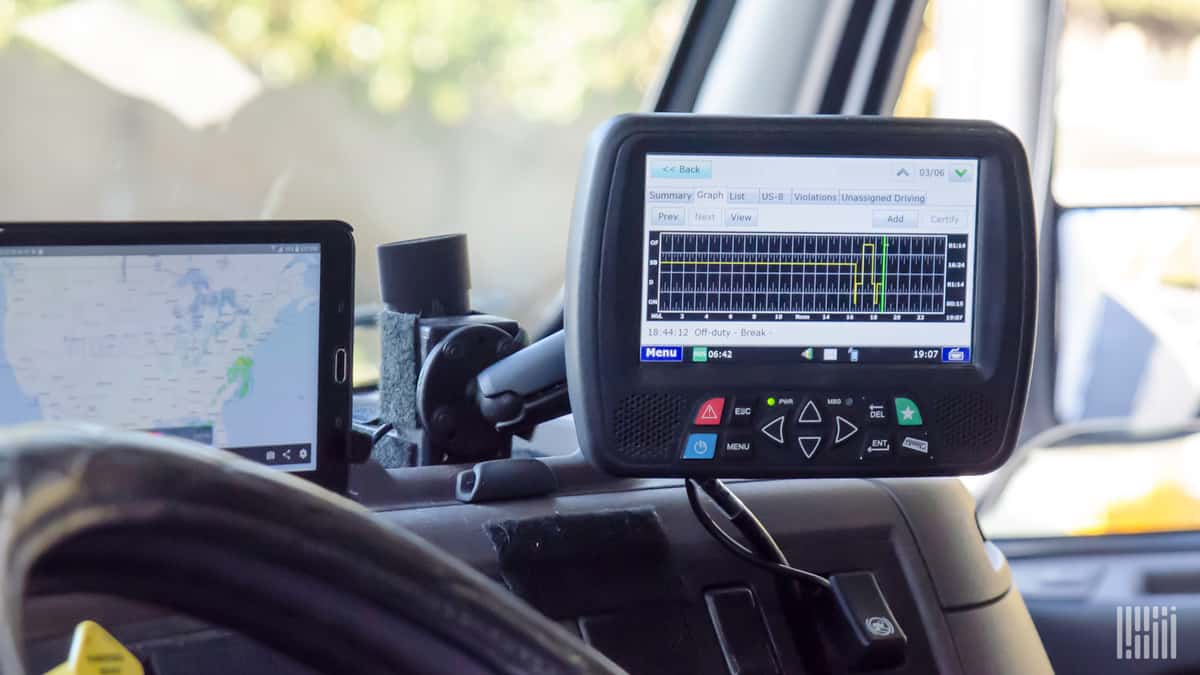Understanding Hours of Service (HOS) Regulations in Trucking
Understanding Hours of Service (HOS) Regulations in Trucking
FMCSA HOS rules exist to prevent fatigue, protect lives, and keep freight moving safely. This guide breaks down the 14-hour window, 11-hour drive limit, 30-minute break, 60/70-hour limits, and the sleeper-berth split—with dispatcher tips to stay compliant.
 HOS helps prevent fatigue-related crashes and improves carrier safety metrics.
HOS helps prevent fatigue-related crashes and improves carrier safety metrics.🕒 Introduction to Hours of Service (HOS)
Hours of Service (HOS) regulations set how long a commercial driver may drive or be on duty. Whether you’re an owner-operator or fleet dispatcher, mastering HOS is essential for safety, RPMs, and your CSA profile.
📋 Key HOS Regulations Explained
- 14-Hour Window: Up to 11 hours driving within a 14-hour on-duty window after 10 consecutive hours off-duty.
- 30-Minute Break: Take a 30-minute off-duty/sleeper break after 8 hours of driving without a break.
- 60/70-Hour Rule: No driving after 60 hours on duty in 7 days or 70 hours in 8 days—until you take a 34-hour restart.
- Sleeper-Berth Split: You may split the 10 hours off into 8/2 or 7/3 if used correctly to pause the 14-hour clock.
✅ Best Practices for Staying Compliant
- Plan smart: Build in buffers for traffic, docks, and weather. Align pickup → break → delivery.
- Use ELDs well: Review drive/on-duty trends daily; lock logs; annotate exceptions clearly.
- Stay informed: Review FMCSA updates and exemptions periodically.
- Rest well: Consistent sleep routines enhance alertness and lane control.
- Train the team: Dispatch + drivers should rehearse sleeper-split scenarios and trip plans.
🚨 Avoiding HOS Violations
Violations create fines, out-of-service orders, detention, and score damage. Keep precise logs, follow break schedules, and never trade compliance for speed. Dispatch should spot risky plans early and adjust before wheels roll.
⏱️ Quick Reference: Core Limits
| Rule | Limit | Reset / Notes |
|---|---|---|
| Driving within duty window | 11 hours | Inside the 14-hour window after 10 off |
| On-duty window | 14 hours | Starts after 10 consecutive hours off-duty |
| Break | 30 minutes | After 8 hours of driving without a break |
| Weekly limit | 60/70 hours | 7/8 days; 34-hour restart resets |
| Sleeper-berth split | 8/2 or 7/3 | Used correctly, pauses the 14-hour clock |
This quick sheet is for general awareness—always follow your ELD prompts and carrier policy.
❓ HOS FAQ
Does a 34-hour restart have to include two nights?
No. A compliant, continuous 34 hours off-duty resets your 60/70-hour cycle. Follow your carrier policy if stricter.
Can personal conveyance pause my 14-hour window?
No. Personal conveyance is off-duty movement for personal reasons and does not extend or pause the 14-hour window.
How does the 7/3 or 8/2 split actually help?
The qualifying split pauses the 14-hour clock between the paired periods. The two parts must add to 10 and meet the minimum lengths.
What if a shipper delays me past my available hours?
Communicate proactively with dispatch, annotate the ELD, and reschedule. Consider safe parking and HOS-compliant delivery windows.
Ready to run compliant miles and boost RPMs?
We plan routes around HOS, book higher-quality freight, and keep your safety and schedule tight.
